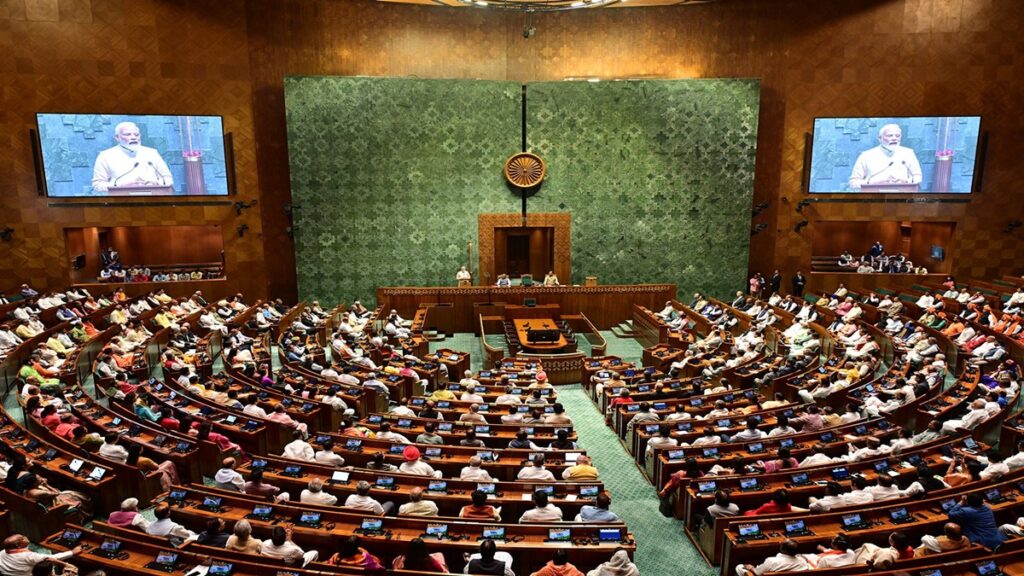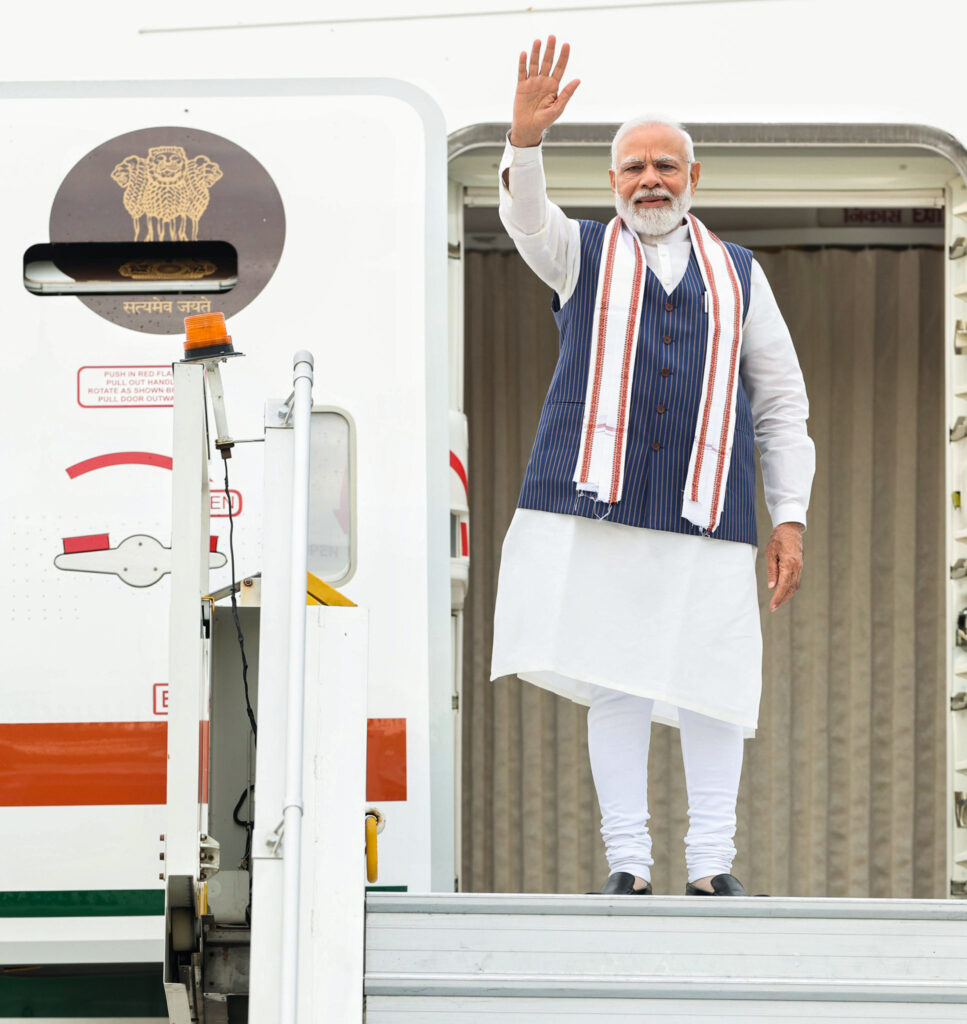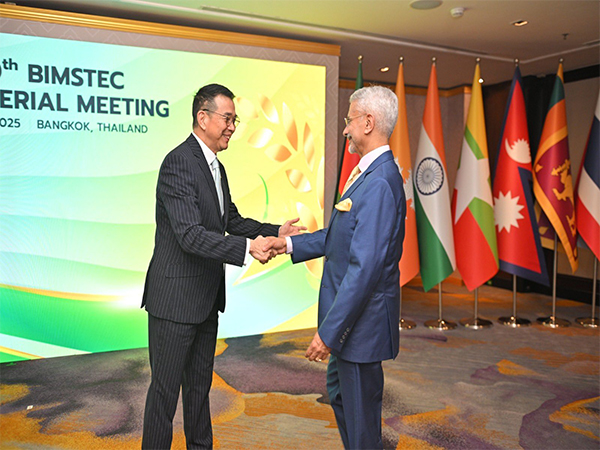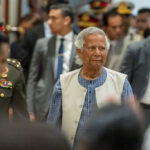Cargo ship sails directly from Pakistan to Bangladesh for first time in 53 years
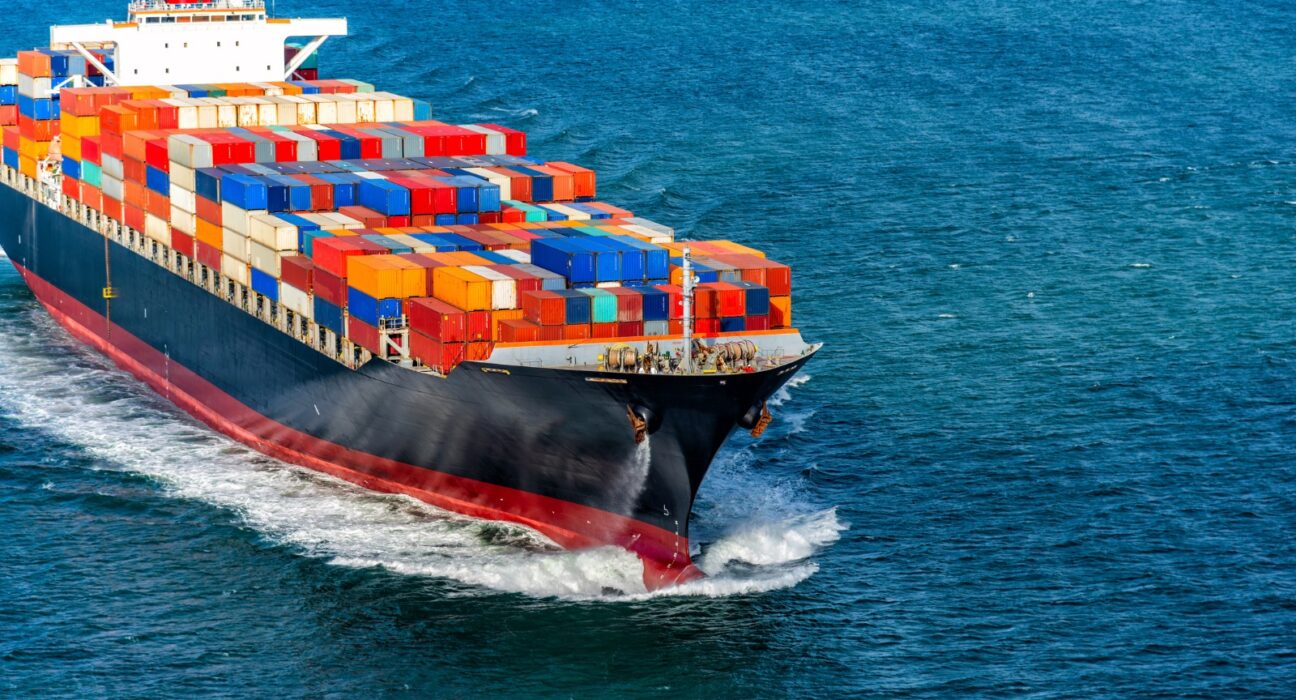
On 11 November, a cargo ship docked at Chittagong port in Bangladesh, overlooking the Bay of Bengal. It became the first ship to travel directly from Pakistan to Bangladesh in 53 years. The Panama-flagged M.V. Yuan Xiang Fa Zhan is operated by Anhui Guohai Sanlong Shipping of China. It first travelled from the U.A.E. to Pakistan, and then reached Bangladesh, before its onward journey to Malaysia. Chittagong port authorities said that the ship brought goods from Pakistan and the U.A.E., including raw materials for Bangladesh’s garment industry and basic foodstuffs. Previously, cargo used to be shipped from Pakistan to Bangladesh via third countries, such as, Sri Lanka, Singapore, or, Malaysia. Pakistani goods had to be off-loaded onto feeder vessels in some of these countries before travelling to Bangladesh.
A direct sea link between two erstwhile enemies is one of many changes that Bangladesh has witnessed in recent months, starting with the ouster of Prime Minister Sheikh Hasina in August after a bloody agitation by students against a controversial quota system for Government jobs. The protests culminated in the escape of Hasina to India and the installation of an interim government led by Nobel Laureate Muhammad Yunus. Since then, Bangladesh’s relations with India have nose-dived.
The killing of Hindus in Dhaka and elsewhere in Bangladesh has only made the relationship worse. Recently, a grocer in Chittagong called the International Society for Krishna Consciousness, also known as Iskcon, a terrorist group, which angered the Hindu community in the neighbourhood. The clashes that followed the Facebook post by the grocer left many injured. Hindus, who make up 8 per cent of Bangladesh’s population, have traditionally supported the Awami League party headed by Sheikh Hasina. Just recently, Bangladesh’s Attorney-General Mohammad Asaduzzaman called for removing Socialism and Secularism from the country’s Constitution. It has sparked fears among minorities of Bangladesh turning into an Islamic state.
In sharp contrast, Bangladesh’s ties with Pakistan are looking up despite decades of animosity. Bangladesh gained independence from Pakistan in 1971. It became an independent country after a nine-month Liberation War against Pakistan. Bangladesh claims that Pakistan committed a genocide, killing 3 million of its people, and, raping hundreds and thousands of women. But in the last three months, Bangladesh and Pakistan have taken a number of steps that indicate a reset or reboot in their relationship.
— In September, Muhammad Yunus met Pakistan’s Prime Minister Shehbaz Sharif on the margins of the U.N. General Assembly in the U.S.
— The same month, Bangladesh eased import restrictions on Pakistani goods. Yunus ended mandatory, physical, inspection of goods imported from Pakistan. Such imports were previously required to undertake a physical inspection when the goods arrived, causing long delays.
— In October, Yunus cancelled certain national holidays that commemorated the 1971 Liberation War or Bangladesh’s founder Sheikh Mujibur Rahman.
— And, in November, Bangladesh lifted a ban on students from Pakistan.
For its part, Pakistan announced free visas to Bangladesh businesspersons and certain other categories of applicants. Pakistan’s High Commissioner to Dhaka, Syed Ahmed Maroof, sparked widespread discussion on social media in Bangladesh when he said that the direct shipping route was a major step in boosting trade across the region. He wrote on Facebook that the route will promote new opportunities for businesses on both sides.
It is a radical departure from the position adopted by the ousted prime minister Sheikh Hasina’s Government.
— In 2022, Hasina denied permission to a Chinese-built Pakistani warship, the P.N.S. Taimur, from docking at Chittagong port.
— In 2015, Hasina imposed a ban on Pakistani students following Pakistan’s refusal to acknowledge the genocide and atrocities committed during Bangladesh’s Liberation War in 1971.
— Hasina established a national Tribunal in 2010 to investigate war crimes committed in 1971 and bring the guilty to justice. The Tribunal has since convicted and sentenced numerous individuals for crimes against humanity.
The direct maritime route between Pakistan and Bangladesh poses certain challenges for India.
— For one, it could at some point into the future give rise to gun-running and drug-smuggling.
— Two, India has a more than 4-thousand-kilometre-long porous border with Bangladesh, which further complicates matters.
— Three, insurgents operating in India’s north-eastern states bordering Bangladesh and China could seek to exploit the situation.
— And last but not the least, India would need to be watchful of a growing Pakistan – China nexus in the Bay of Bengal region.
India’s fears are not without reason. The Chittagong arms haul is fresh in the minds of many. In April 2004, Bangladesh’s agencies seized illegal arms and ammunition in Chittagong. The weapons were meant for the United Liberation Front of Asom, also known as Ulfa, which operates in the north-eastern Indian state of Assam. An alliance led by the Bangladesh Nationalist Party was in power at the time. New Delhi believed that the cache of weapons was also meant for other insurgent groups in India’s north-east in order to destabilise the region.
So will history repeat itself? For now, New Delhi is watching and waiting.



